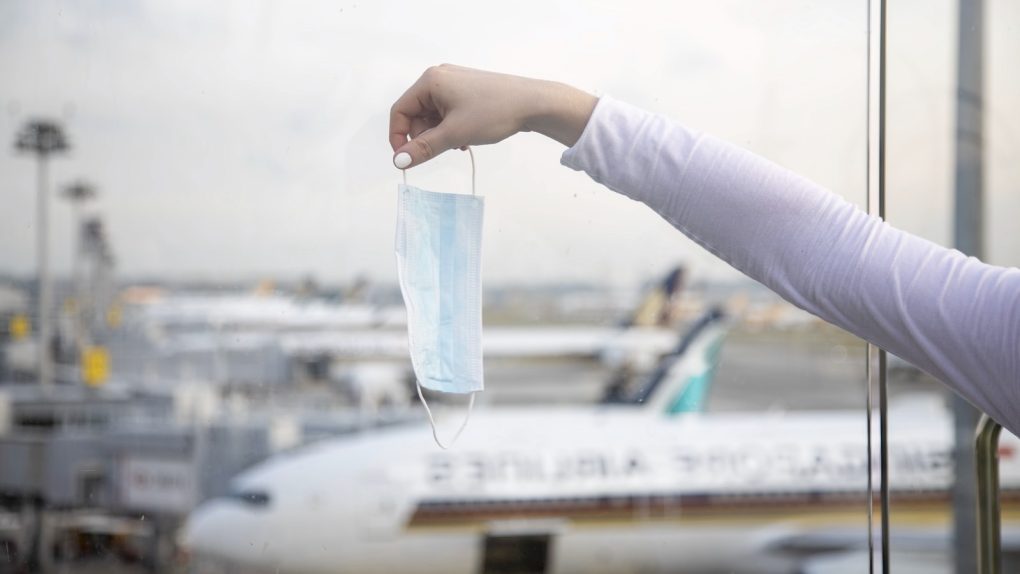- The UK government announced that it has banned travel from Denmark after the Danish government revealed it found a potentially dangerous coronavirus mutation.
- Denmark said earlier this week that it will slaughter 17 million minks from its fur farms after discovering that the coronavirus had mutated inside the animals and infected at least 12 people.
- Some scientists say the mutation has pandemic potential, while others call for calm because too little is known about the mutated coronavirus strain.
The Danish government announced earlier this week plans to cull up to 17 million minks from its fur farms and isolate one region of the country. Researchers discovered that the novel coronavirus had infected the animals and suffered a dangerous mutation that might render the current generation of vaccines useless. Some of the scientists involved with the matter warned that the mutation is a serious cause of concern and might lead to another pandemic. Others called for calm, saying it’s too early for panic because more research is required. Danish scientists have started sharing genomic sequences of the new coronavirus mutation, and international researchers will soon study the new strain.
The UK government has taken the risk very seriously and decided to ban Denmark visitors from entering Great Britain. The decision will be reevaluated as the situation progresses.
The UK transport secretary announced the decision shortly after 02:00 GMT, less than two hours before they took effect, according to BBC News. UK citizens returning from Denmark will have to isolate along with all family members for 14 days. The move also applies to cabin crew flying back and forth between the two countries. The only exception applies to freight and haulers.
Ryanair, one of the biggest low-cost airlines in the region, criticized the decision by calling it “bizarre and baseless.” The airline still has to comply, so it canceled all flights to and from Denmark.
DENMARK update:
From 4am on 7 November, British Nationals or residents who are returning to the UK directly or indirectly from Denmark will need to self-isolate with other members of their household until two weeks have passed since they were last in Denmark.
— Rt Hon Grant Shapps MP (@grantshapps) November 7, 2020
“This decision to act quickly follows on from health authorities in Denmark reporting widespread outbreaks of coronavirus in mink farms,” transport secretary Grant Shapps said on Twitter. “Keeping the UK public safe remains our top priority.”
The travel ban will be reviewed after a week, according to the Department for Transport (DfT).
Denmark’s Minister of Foreign Affairs Jeppe Kofod said the ban was a “very drastic step.” He added that the Danish authorities were working closely with international health organizations on the matter. UK officials will seek out anyone who traveled to Denmark in the last couple of weeks and advise them to self-isolate.
Authorities in Denmark said a few days ago that some 12 people are known to have been infected with the mutated coronavirus. But the BBC now says that 200 people have been infected with strains related to mink. The mutations impact the virus’s spike protein, which is the coronavirus component that allows the virus to latch onto healthy cells. Most vaccines target the spike protein to block this specific process.
Denmark has announced that a lockdown will be introduced in some areas because of the mutation. Most of the infections are connected to farms in Denmark’s North Jutland region.
Of note, the World Health Organization said it’s too early to jump to conclusions.








